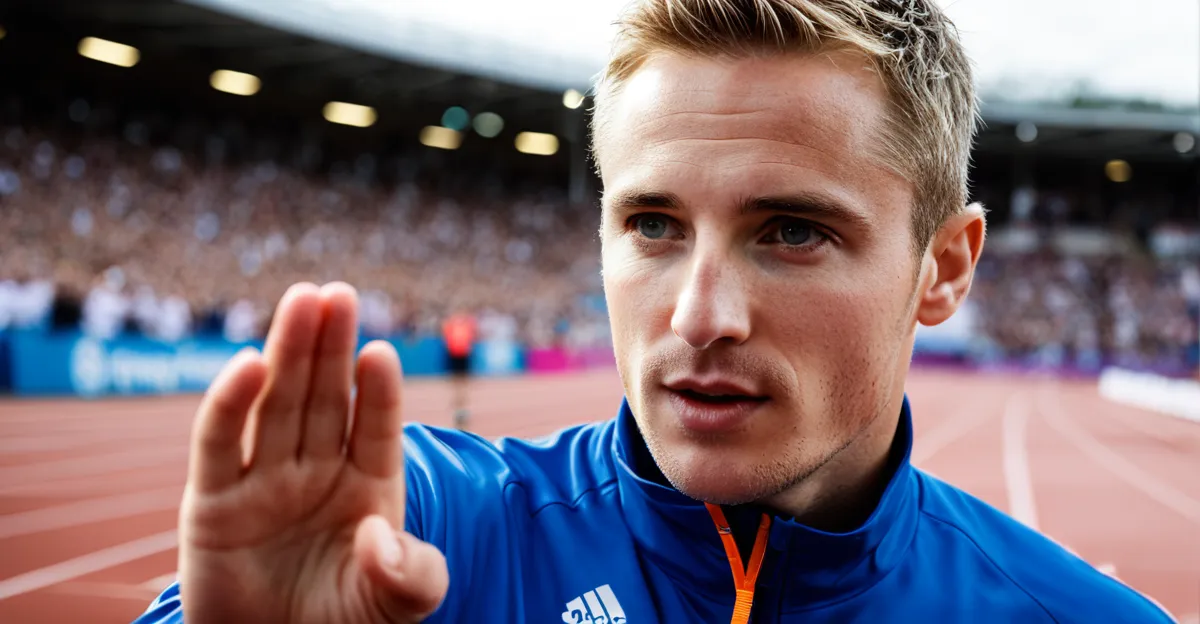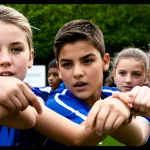UK Government Funding and Financial Support for Paralympic Athletes
Government support forms a critical foundation for UK Paralympic athlete funding, enabling athletes to focus on training and competition. The UK government provides direct financial assistance through various government sports grants, aimed specifically at Paralympic athletes. These funds cover training costs, equipment needs, and competition expenses, alleviating financial barriers for athletes with disabilities.
Central to this funding ecosystem are UK Sport and the British Paralympic Association, which oversee the distribution of resources and ensure priority athletes receive tailored support. UK Sport administers elite funding by allocating resources based on performance potential and past results, fueling both individual athletes and teams.
Also read : How Are UK Schools Encouraging Sports Participation Among Students?
A significant portion of Paralympic financial assistance originates from National Lottery funding, channelled to boost Paralympic sports through grants and development programs. This funding strategy not only sustains high-performance environments but also supports grassroots initiatives, widening the pathway for future Paralympic stars. The impact is evident in consistent UK medal success, exemplifying the effectiveness of coordinated government and lottery-backed investment in Paralympic sport.
Elite Training Facilities and Coaching
Specialized environments are crucial for optimal Paralympic athlete training in the UK. The country boasts dedicated specialist sports facilities UK designed to accommodate diverse physical needs, ensuring accessible venues for athletes with disabilities. Facilities such as the English Institute of Sport provide adaptive equipment and tailored spaces that contribute significantly to performance enhancement.
This might interest you : The Evolution of UK Sports: How Has It Shaped Modern Culture?
Alongside these physical resources, Paralympic coaching resources play a pivotal role. Coaches trained in adaptive techniques offer individualized programs to hone athletes’ skills while addressing unique physiological and technical requirements. This expert guidance integrates with sports science support, including biomechanics, nutrition, and psychology, to foster holistic development.
Partnerships between training centres and academic institutions promote cutting-edge research that informs continuous improvement in athlete preparation. Collaborative programs leverage university expertise, driving evidence-based methodologies in areas like injury prevention and performance analytics. Through this blend of specialist sports facilities UK and expert coaching, athletes gain opportunities to maximize potential, improving competitive edge on the international stage.
Inclusive Sports Policies and Athlete Welfare
Inclusive sports policy UK plays a vital role in shaping fair opportunities for Paralympic athletes. The government and sporting bodies enforce legislation ensuring equality in sports, mandating accessible facilities and non-discriminatory practices. This framework guarantees that disabled athletes have equal access to training, competition, and support services.
Athlete welfare is central to these inclusive policies, with growing emphasis on mental health and wellbeing programs. Specialized initiatives offer psychological support and safeguarding measures tailored to the unique challenges Paralympic athletes face. These efforts reduce stigma and create safer sporting environments, fostering resilience and confidence.
Ensuring equality in sports extends beyond access—it involves proactive monitoring to prevent discrimination or bias. Organizations collaborate to implement codes of conduct and regular staff training, reinforcing respect and inclusion at all levels. Such comprehensive support assures athletes are not only physically prepared but holistically cared for.
In summary, the combination of inclusive sports policy UK and concentrated athlete welfare measures establishes a strong foundation. This holistic approach empowers disabled athletes to thrive competitively and personally, reflecting the nation’s commitment to fairness and dignity in sport.







